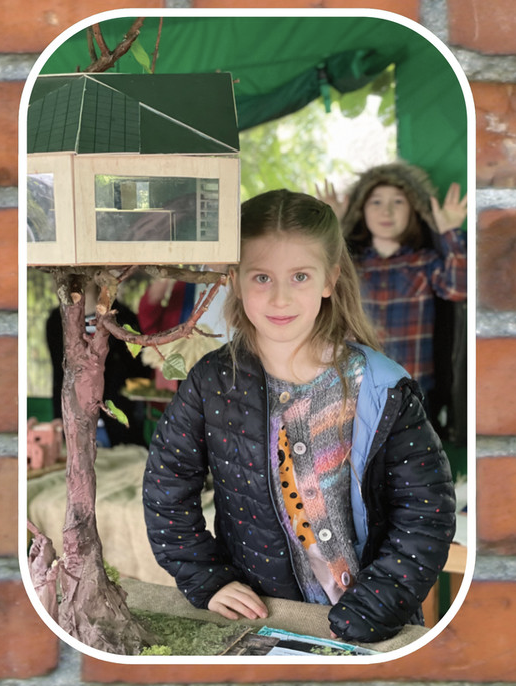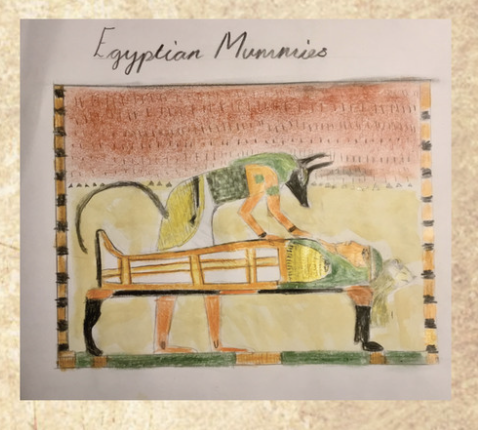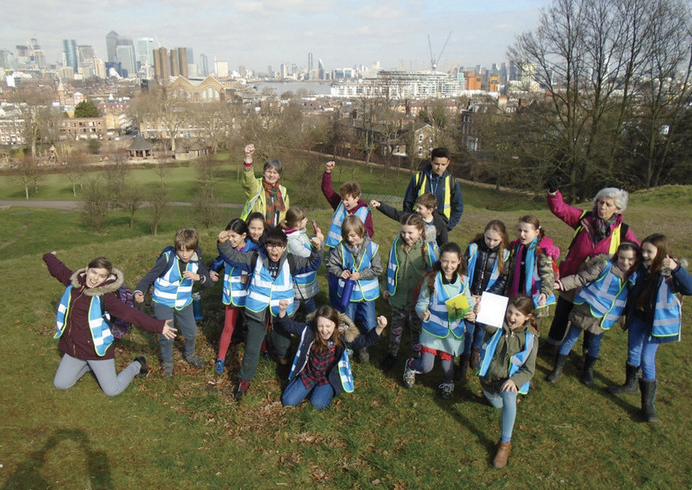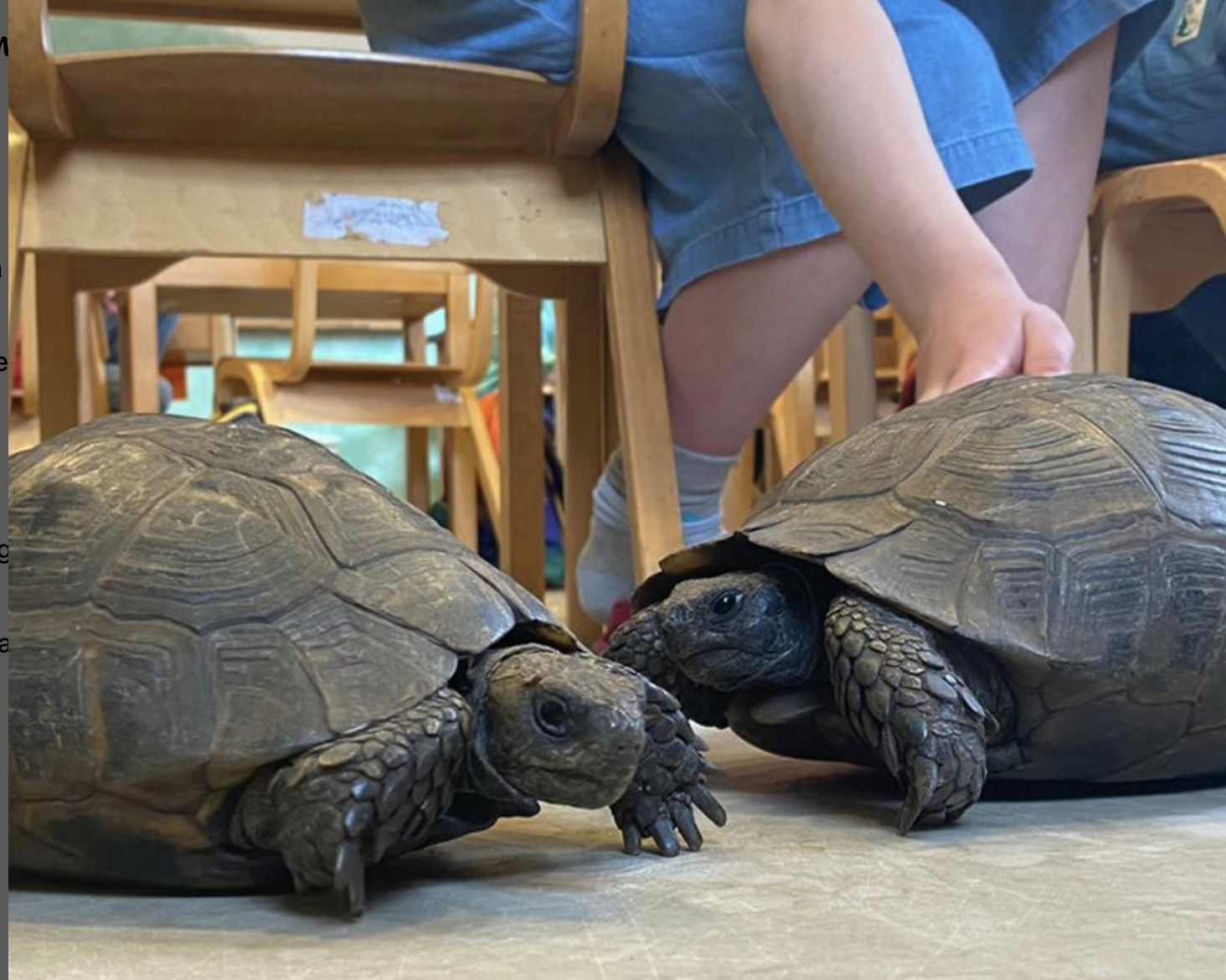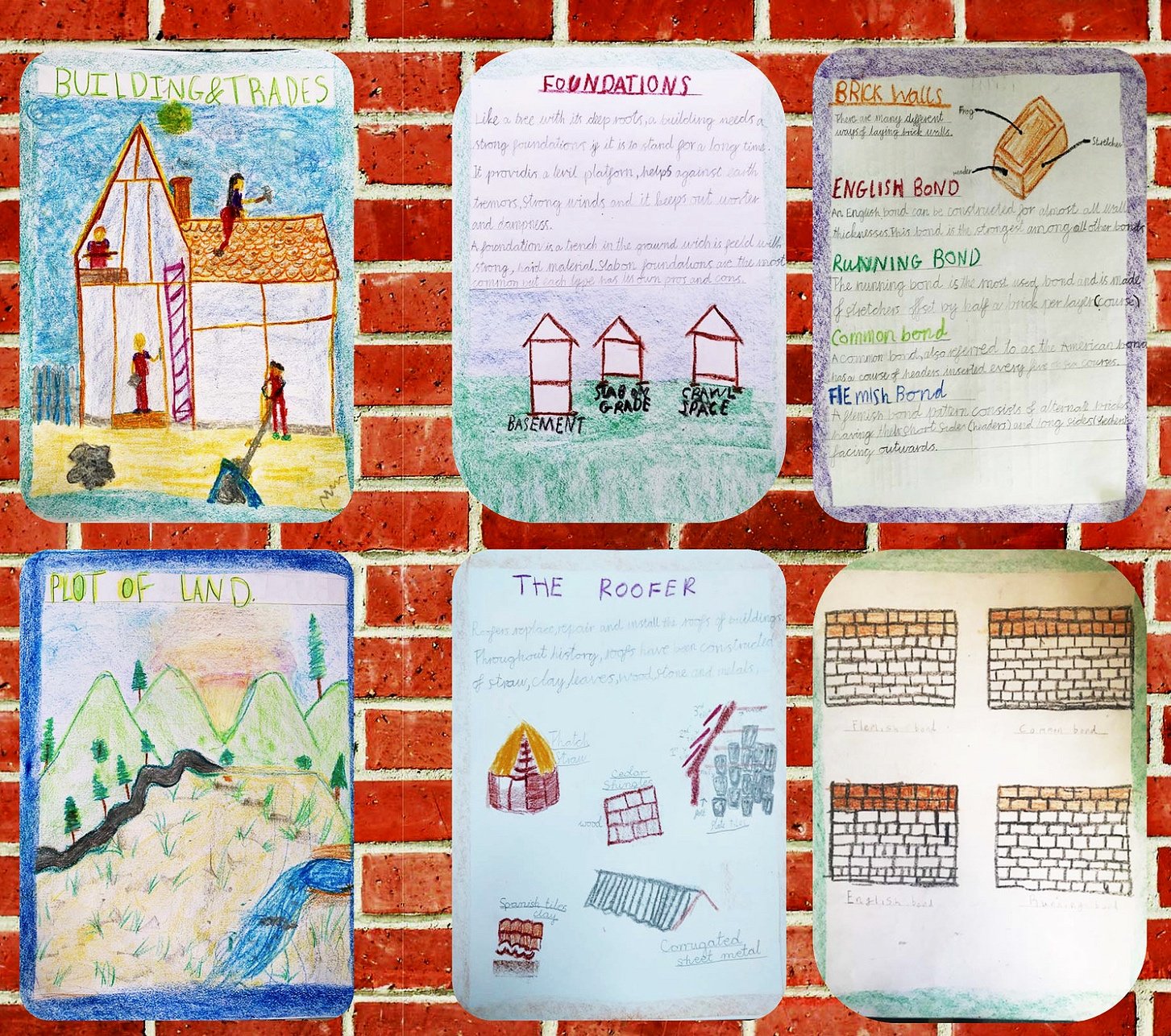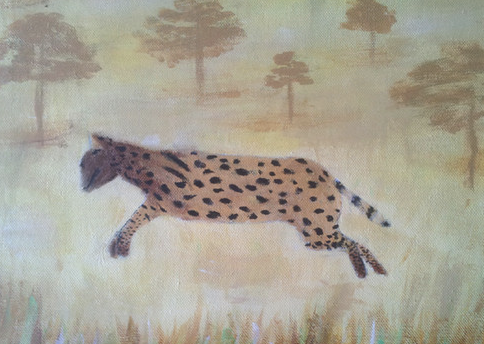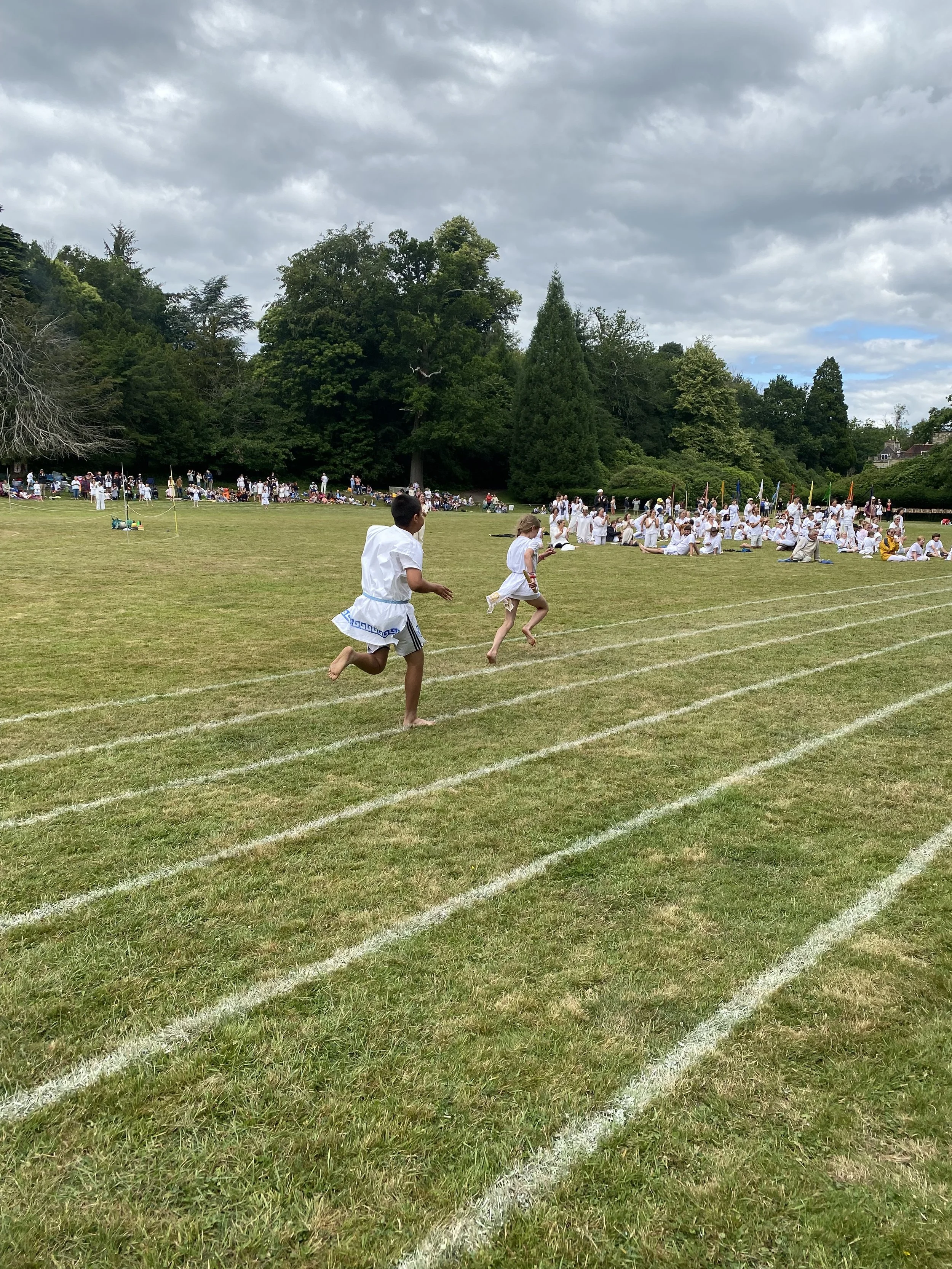
Waldorf Lower School
Age 6-11: Classes 1-5
Primary School Years 2-6
Joyful primary years
Formal academic learning begins in Class 1 with Maths, English, Humanities, Science, along with both French and German.
Following the Scandinavian and European norm and beginning literacy when children are developmentally ready means they enjoy learning with ease, and equal or surpass national curriculum literacy targets by age nine or ten.
The Main Lessons are around a central subject with practical work, speech, movement, music and singing along with games and sports. Children learn an instrument, with the recorder starting in Class 1 and a stringed instrument from Class 3.
The Class Teacher frequently stays with the same class each year until Class 8, enabling a deep understanding of the child. Subject specialists teach languages, sport and games, craft and music.
Age 6-7 Admissions 24
We are currently prioritising visits for parents of children who would like to join us in April or September 2024.
Places in our Class 1 intake aged 6-7 are very limited. If you would like your child to join us in September please do get in touch ASAP to avoid disappointment.




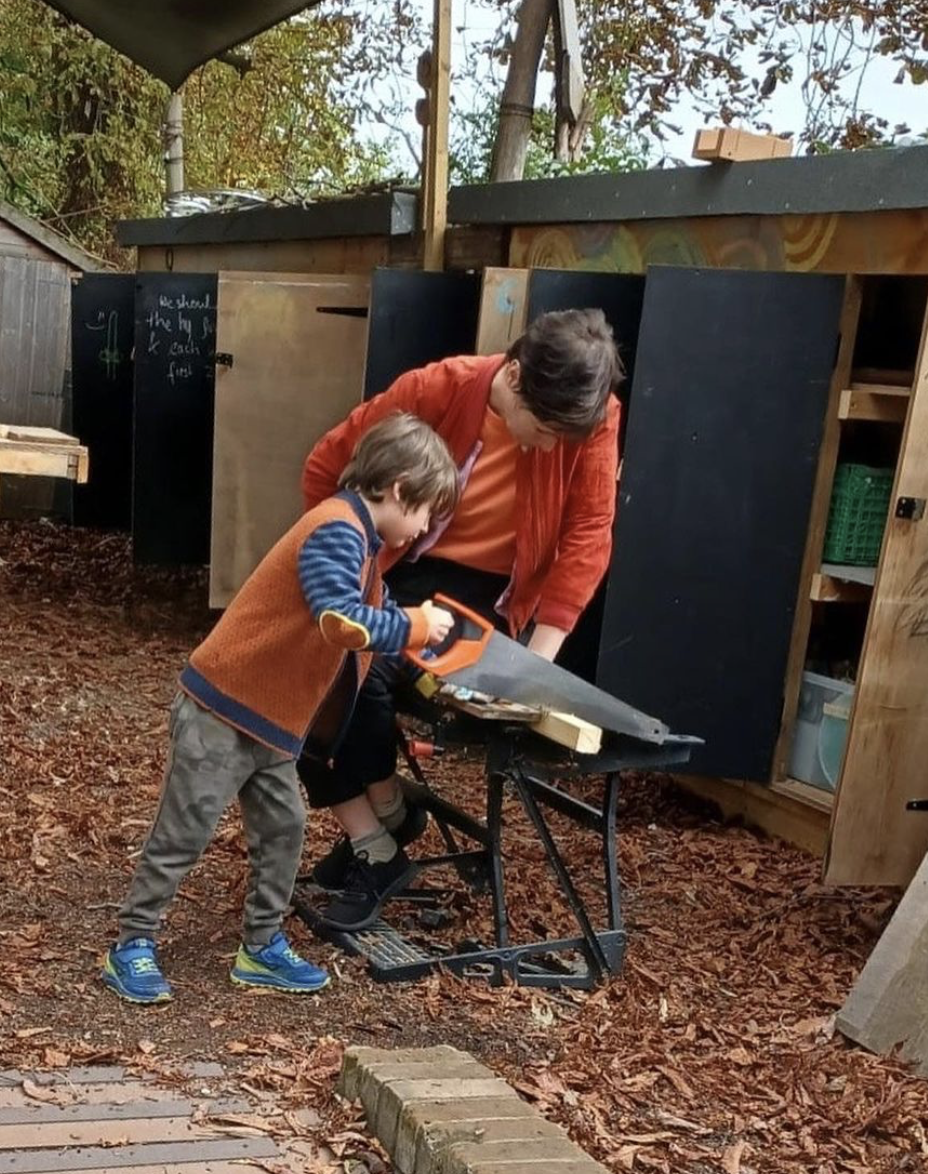





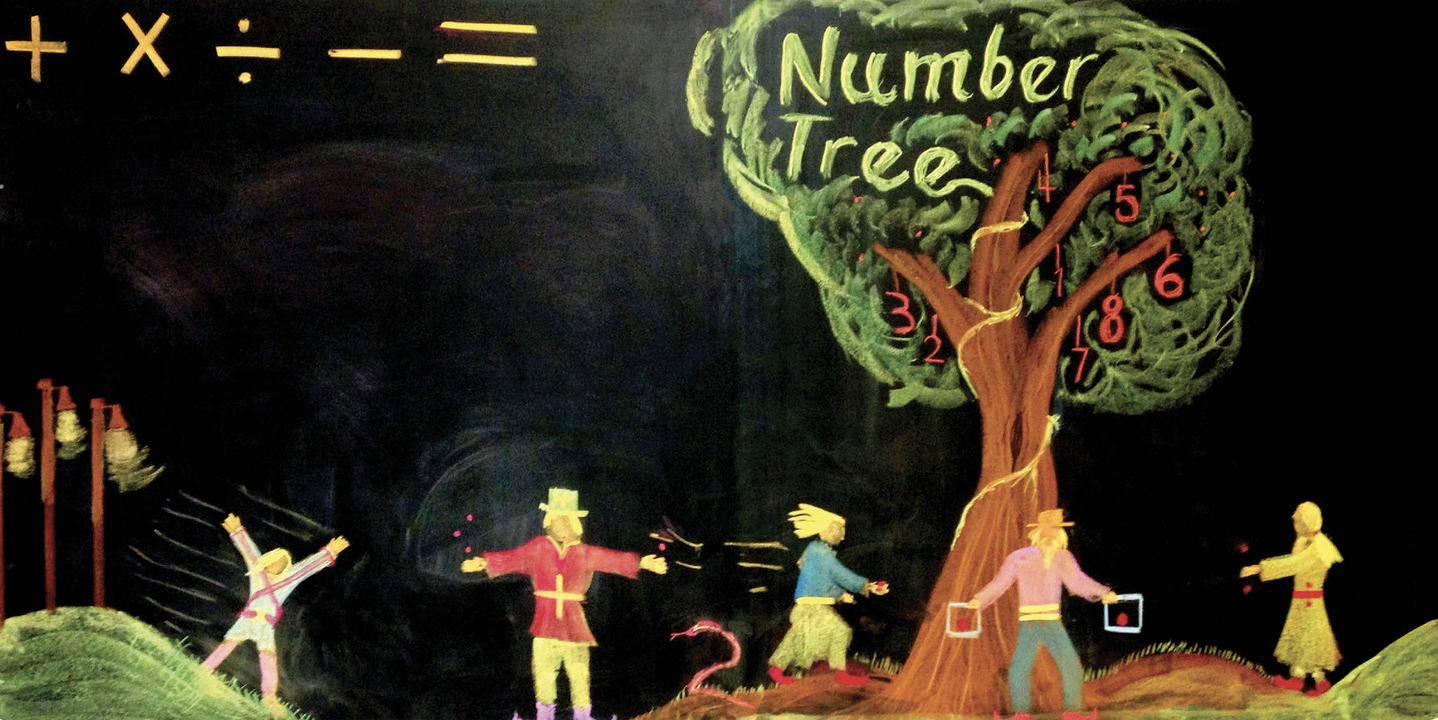

Class 1 - age 6-7
-

Literacy
Children begin learning to write and read by first learning the sounds in the language before moving from the sounds to the written word. In doing so, they engage with stories, drawings, and paintings that support them in their journey.
Children create attractive, orderly and balanced pages in their lesson books. They are at a stage of beginning literacy, reading and writing simple sentences, and enjoying looking at books.
They explore simple phonics, word play, writing simple, yet beautiful sentences, reading their own writing, writing stories using mainly phonetic spelling for unknown words.
-

Mathematics
The Maths Main Lesson begins with ‘Quality of Number’.
Through stories, the children discover that numbers and mathematics are all around us
The four processes (Addition, Subtraction, Multiplication, Division) are introduced through number games, bean bag exercises, movement and stories.
Using stories brings an imaginative but relatable and practical picture of each of the processes. The experience of problem solving and finding more than one path to a solution engages the imagination and encourages flexibility in thinking
This leads to the opportunity to record using numeral systems recognisably derived from the human body as reckoner, e.g. Roman Numerals, Chinese Rods Numerals, Mayan Numerals. This then progresses to the more abstract and familiar arabic numerals.
Rhythmical counting, the synchronisation of speech and step, will lay the groundwork for the learning of tables in Class 2.
-
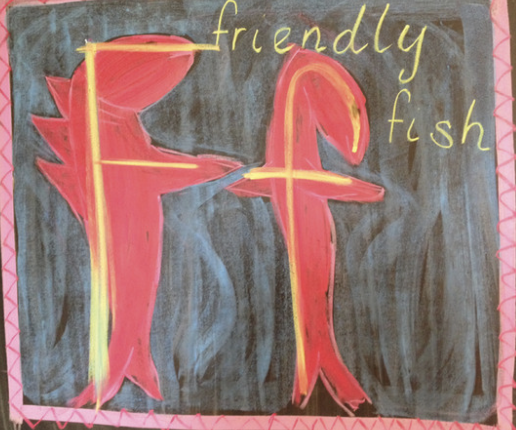
Oracy
Listening, Speaking, Recitation.
We develop a feeling for the rhythm of speaking and listening in different situations, e.g. during classroom talk, conversations, stories etc.
Children experience a rich and ambitious vocabulary, exploring connections between new and known words.
Children have the opportunity to orally communicate their ideas, thoughts and memories in a logical and structured way to make the meaning clear for the listener.
They may know several verses/poems by heart, and can use their knowledge of sound/spelling correspondence to read and write simple sentences formed of initial code, in lower case.
When writing, their spellings are phonetically plausible and they use some punctuation.
-
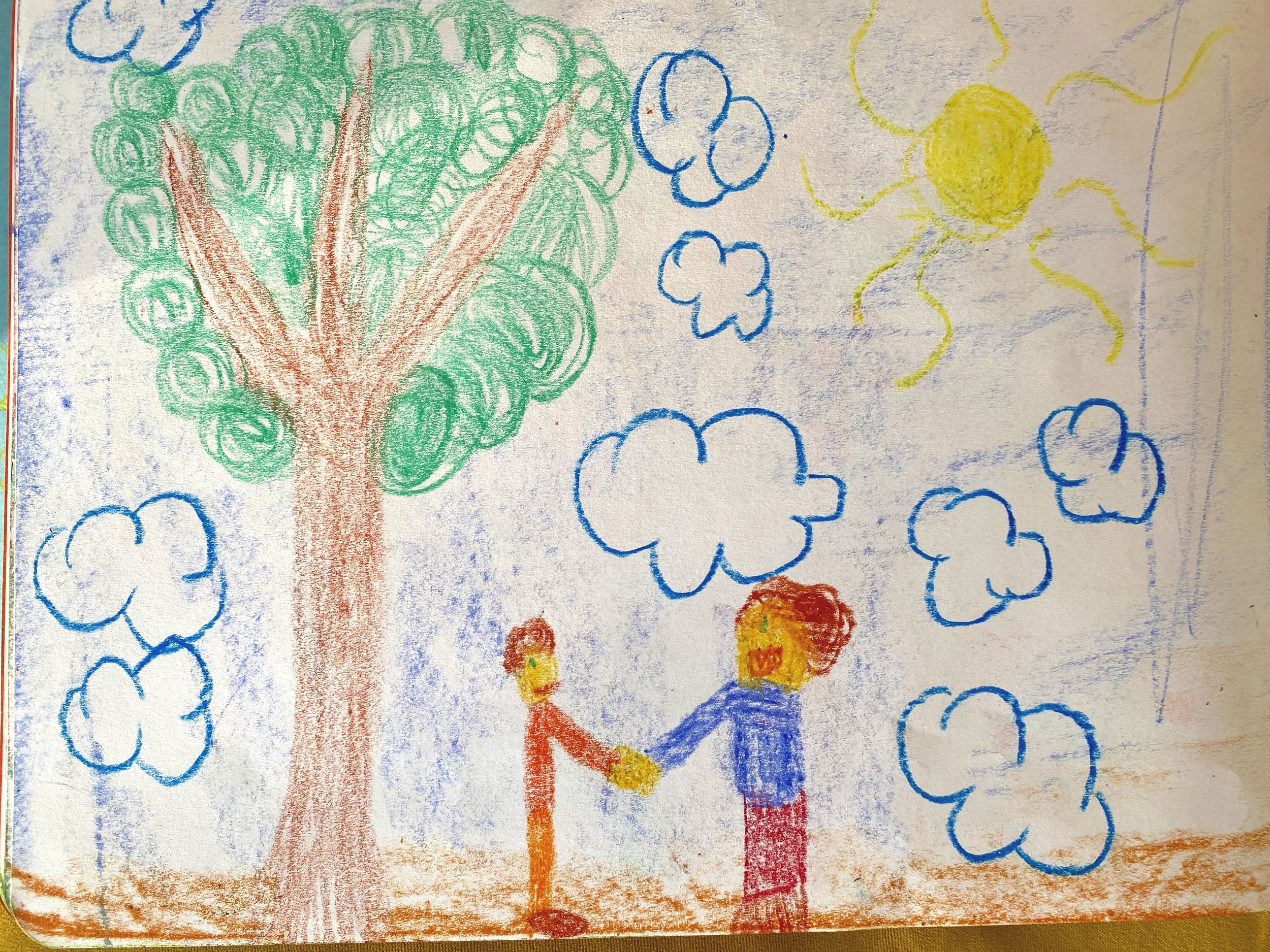
Foreign Languages
Foreign Languages is introduced through songs, rhymes and drama.
Children can ask and answer simple questions, participate in simple dialogues and respond to simple commands.
They begin to experience how to introduce themselves, and know some greetings and goodbyes.
They begin to use a range of simple vocabulary in context, including, for example, some colours, numbers, parts of the body, clothing items, classroom items, weather descriptors, food items and animals.
-

Nature Study
The class enjoy learning through nature walks, nature table, exploration and observation and imaginative stories.
Linking to Maths, children gain an understanding about the changing seasons, the weather and the effect on the local environment.
Children draw pictures and write about what they have seen and experienced, using the geographical term for and name of some local features, e.g. local river, town/street name.
-
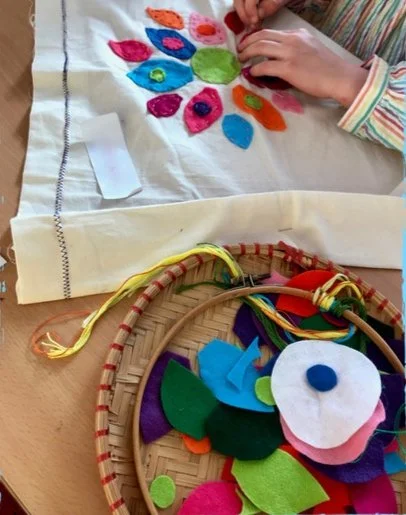
Handwork
Children do woodwork, making their own knitting needles and begin learning to knit, creating practical yet beautiful objects.
-
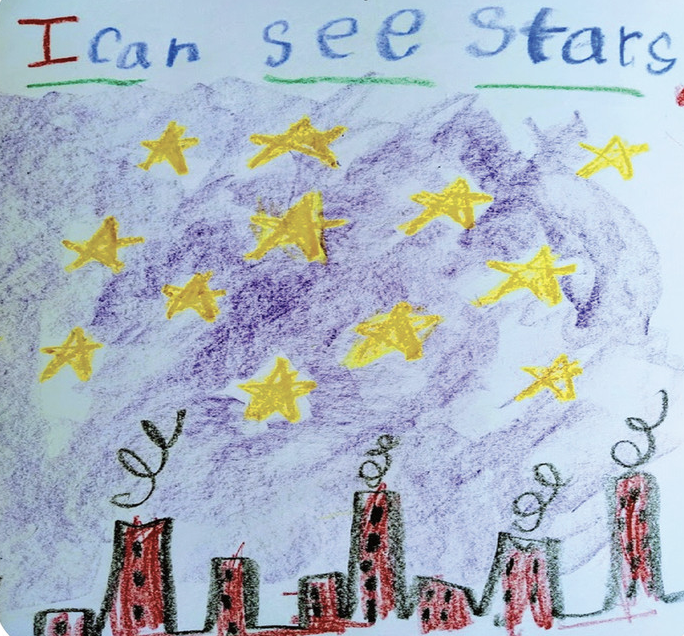
Art
Painting, Beeswax Modelling, Crayon Drawing. Building a practical relationship to colour and form, developing an understanding of aesthetics and form drawing supporting literacy and maths.
-
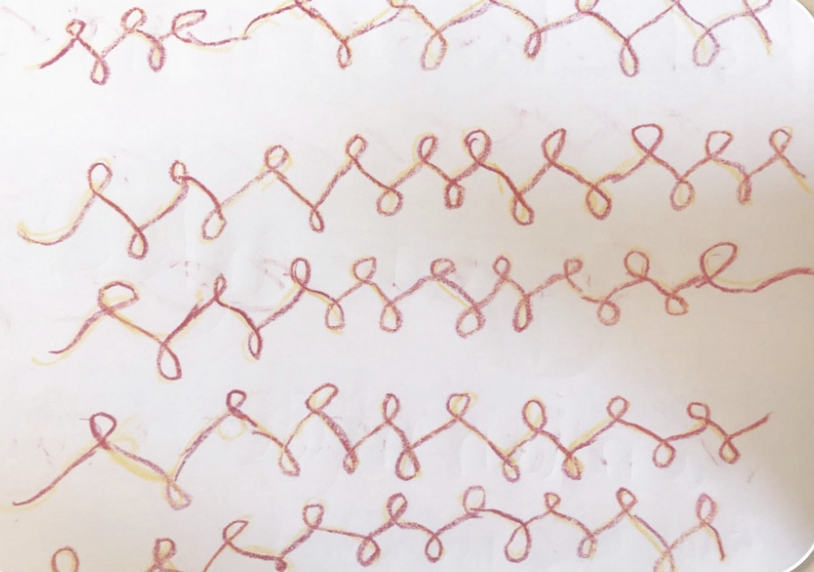
Form Drawing
As part of Main Lesson children explore straight lines and curves through movement and drawing. This supports dexterity, spacial awareness and handwriting skills.
Form drawing or dynamic drawing is an activity that transforms bodily movement in space into inner movement in ways that transposes the external orientation into inner orientation, weaving the three dimensions (up/down, right/left and behind /in front) into a dynamic relationship between point and periphery, centre and circumference.
It is a creative process, free-hand process, requiring control and sense of proportion that builds on archetypal forms, point, line, surface and volume.
-

Games & Movement
Imaginative and Co-operative Games.
The children become accustomed to following games and movement lessons that follow a set routine with clear instructions that they can respond to.
They include a range of activities including:
Musical, singing, clapping, stamping, marching and skipping games.
Circle-based games. Seasonal games.
Running, jumping and balancing games.
Simple Tag games with safe spaces to run to. Ball games. Simple obstacle courses – indoors or outside. Simple, easy exercises with hand apparatus, e.g. hoop, rope, ball, balloon, feathers, cloths
-

Music
Singing and introduction to the Recorder.
Linking to Literacy, children enjoy singing in a group, following the words, rhythm and tune of the song.


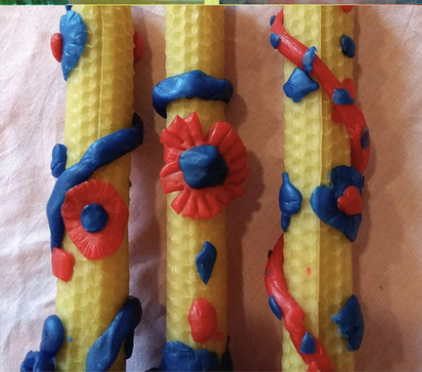
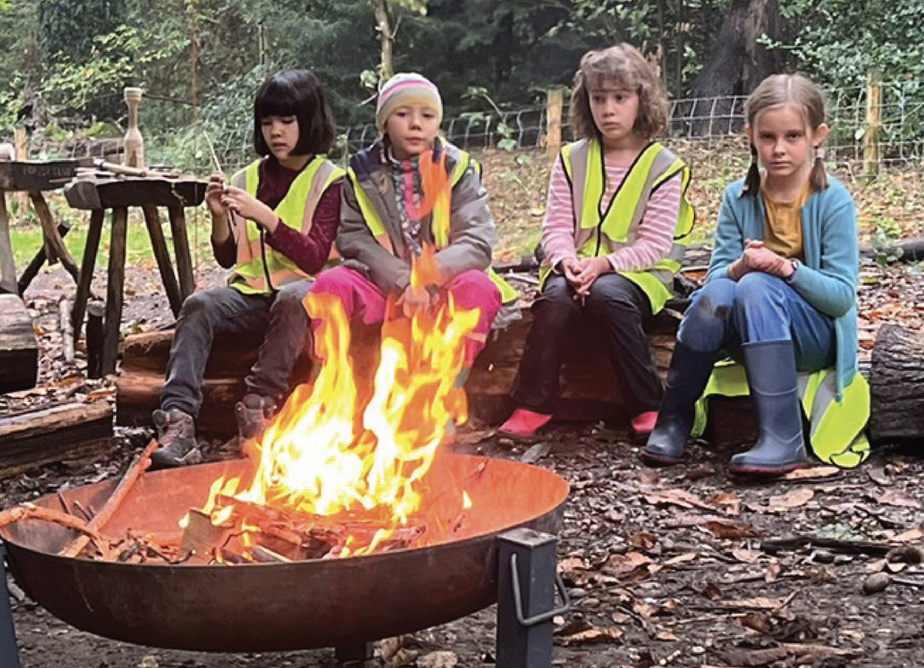
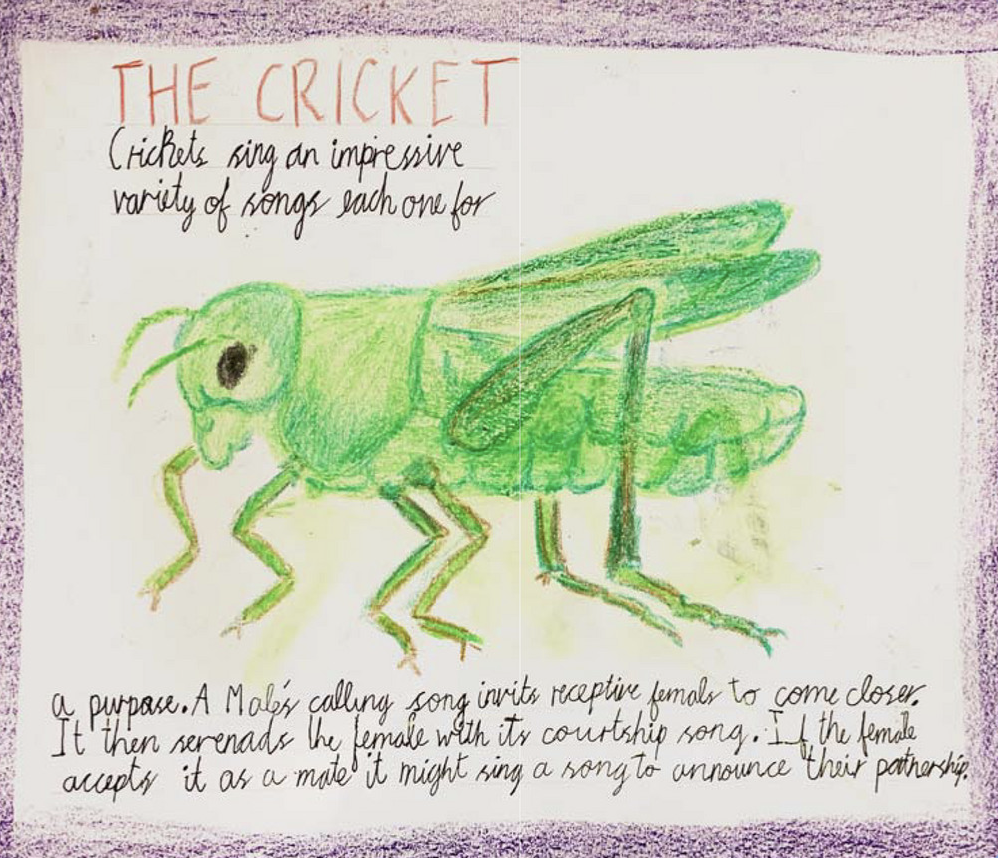





Class 2 - age 7-8
-
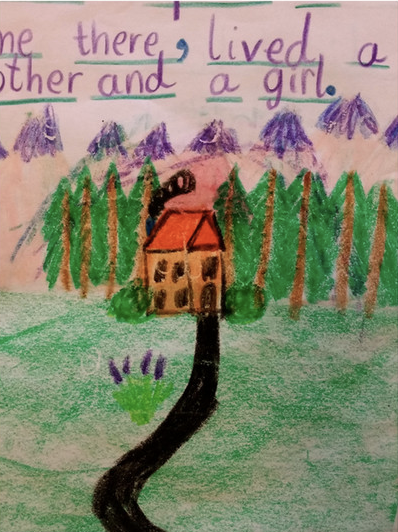
Literacy
Using fables from around the world to introduce:
• Grammar, sentences and punctuation.
• Cursive handwriting; writing simple stories
• Reading schemes. Reading of simple texts, own writing and teacher writing.
-
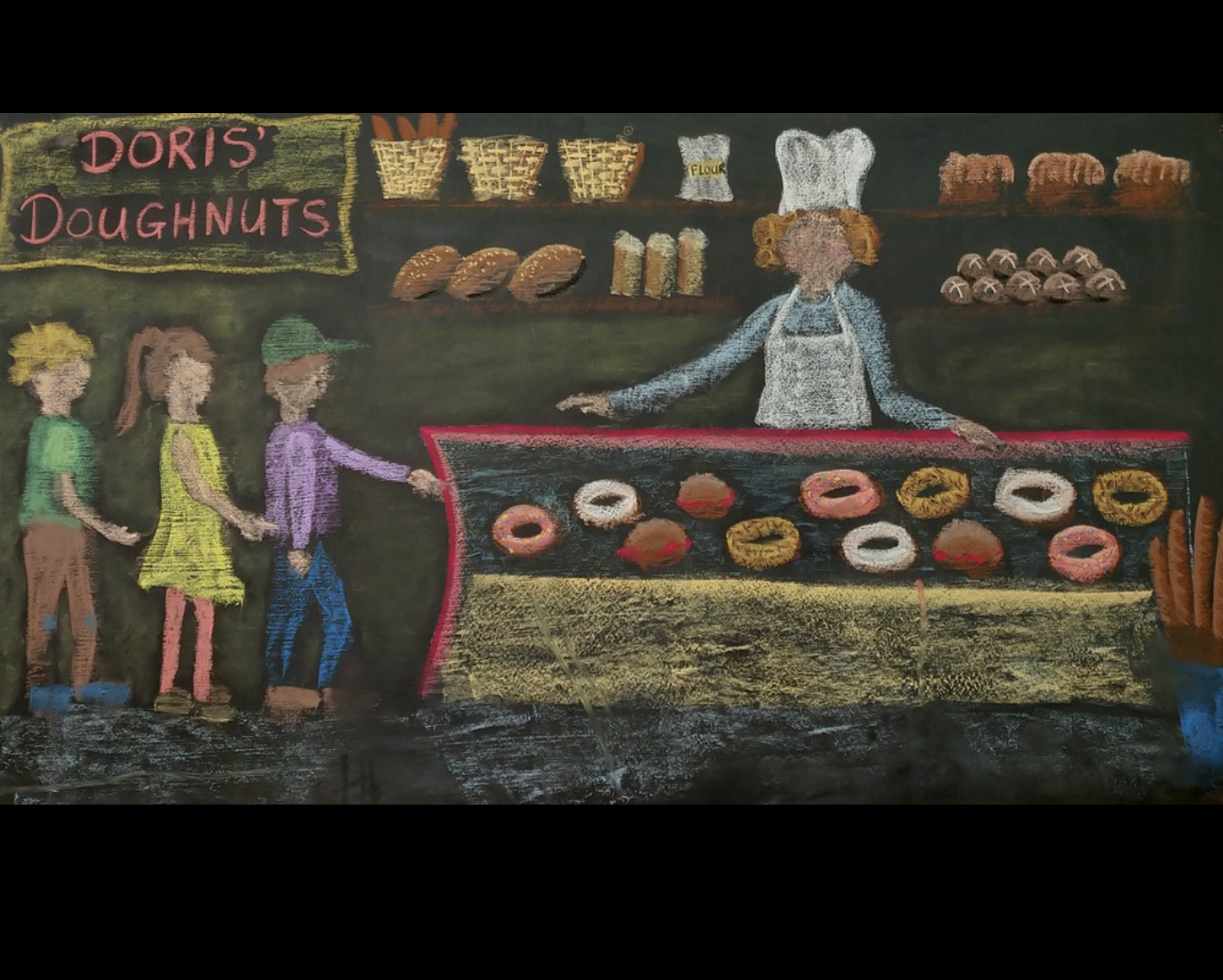
Mathematics - Numbers
Continuing work with the four processes and place value - we have fun using everyday situations to understand maths - for example using donuts to learn division!
Other areas include: Column Algorithms, movement and number games and multiplication tables.
We explore the number system beyond 1000, counting in 1s, 10s, 100s and 1000s and practise reading and writing numbers to 100 in Arabic form, including identifying the value of a numeral depending on place.
We practice addition and subtraction bonds to 20 and explore and practice the four operations of number with numbers up to 100 and the impact of place value on partitioning, adding and subtracting numbers and practise our times tables in a range of ways.
-
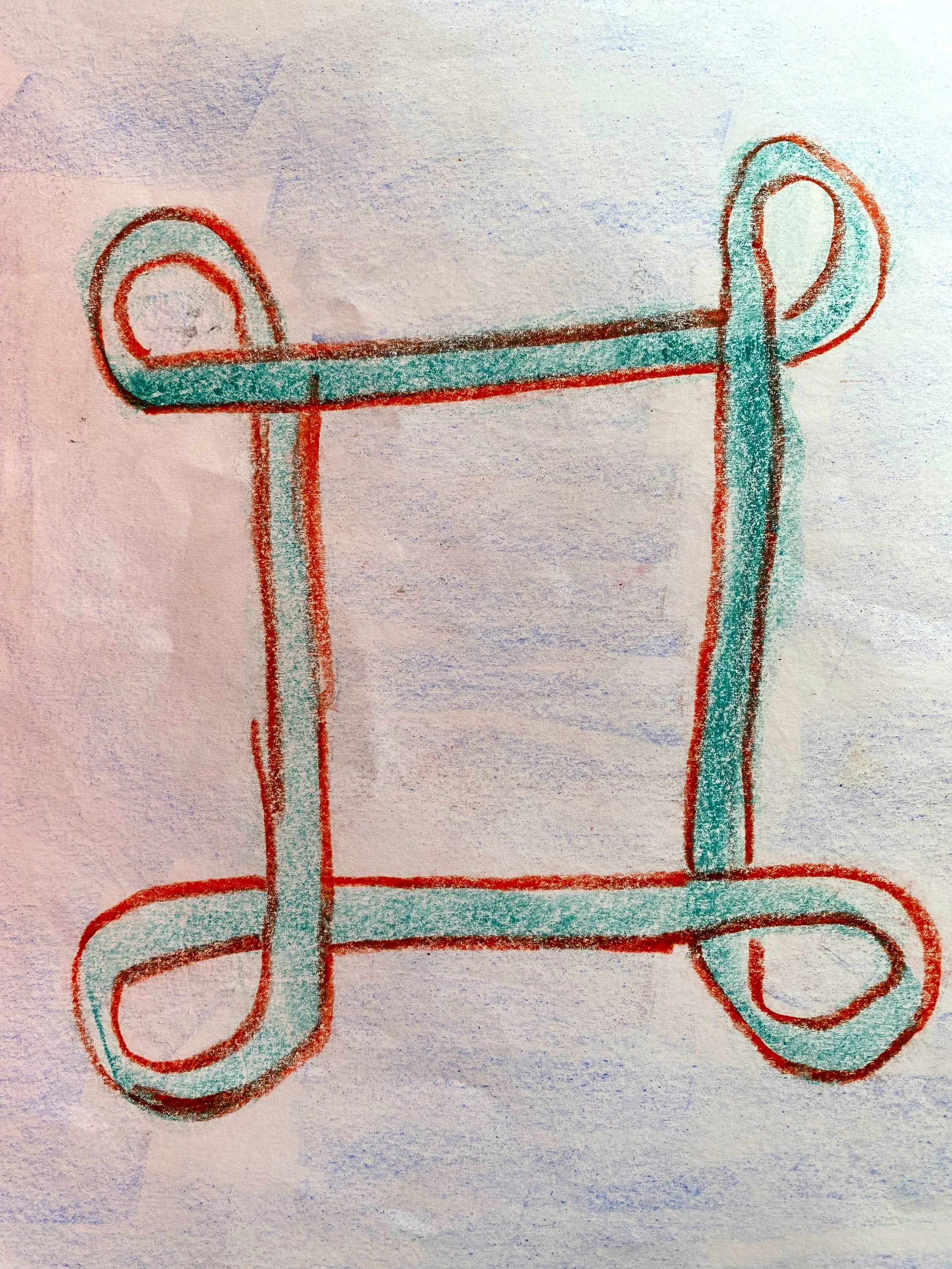
Form Drawing
Children learn to create more complex forms as a support for personal development, writing, drawing and hand/eye coordination.
Linking to Maths, children can draw reflections of forms made of straight lines and/or curves in both the horizontal and vertical axes, and can transform forms made of straight lines into those made of curves, and vice versa.
Given the beginning of a pattern or sequence of shapes, they can extend this accurately
-

Mathematics - Space & Shape
During practical and craft activities, they measure lengths, heights, weights and capacities in useful and relatively accurate ways, using informal and/or non-standard measures.
Children explore recognising all coins and notes, can exchange equivalent amounts in different denominations, can count out a total amount using a mixture of denominations. They can compare durations of time using appropriate everyday language, e.g. minutes vs hours vs days, and can recognise the hours, half past and quarter past.
-

Nature Study
Through Aesop's fables and other stories, Native American stories
Nature works, gardening, observation and exploration, simple green woodwork enable children to build an environmental understanding and a healthy relationship with the natural world.
Children learn about a variety of common plants, animals and birds in the local environment, as well as talking about the causes of some of the things they observe (e.g. footprints, shadows etc). They can talk about and record what they have observed and experienced.
-
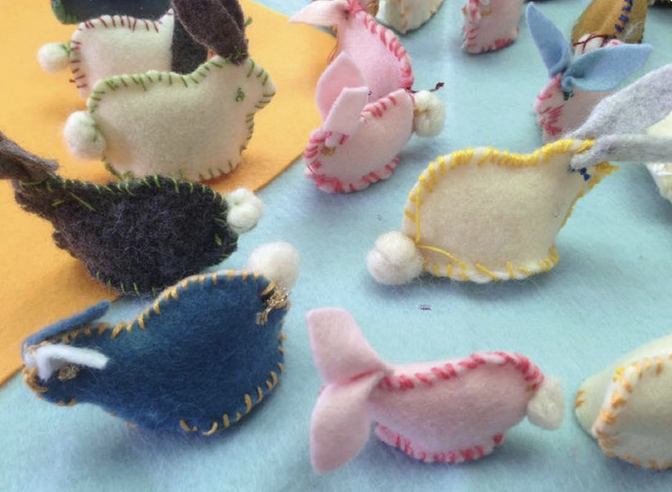
Handwork
Embroidering Easter bunnies plus Knitting, Crochet and making beautiful ball bag.
-

Early History & Culture
Children look at how, historically, fire would have been used to cook food.
We explore the advantages and disadvantages of basic shelters, and recognise the amount of work needed to create useful buildings, objects and artefacts.
Children explore early human life, such as that of Neolithic hunter-gatherer tribes, and experience their everyday lives; cooking with fire, finding shelter, and more.
-

Foreign Languages
We begin to learn how to talk about everyday things, using classroom situations and familiar activities.
-

Games
Having fun with physical exercise and developing body and mind co-ordination, spacial awareness and rhythm.
Building on Class 1, Games now take on more rules and boundaries, with children individually taking on particular roles and tasks.
Games and exercises are repeated over many weeks, but variations can be added, for example children taking on different roles, or with the addition of extra rules.
Activities can include:
Musical, singing, clapping, stamping, marching and skipping games. Call and response games, and games with words and rhymes. Seasonal games. Running, jumping and balancing games
-
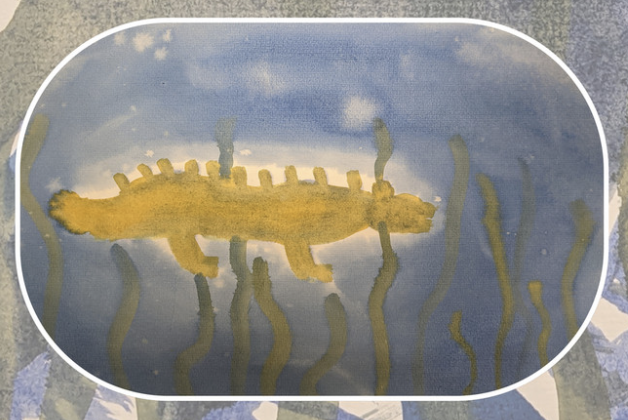
Art
Watercolour Painting, Drawing and Modelling
-
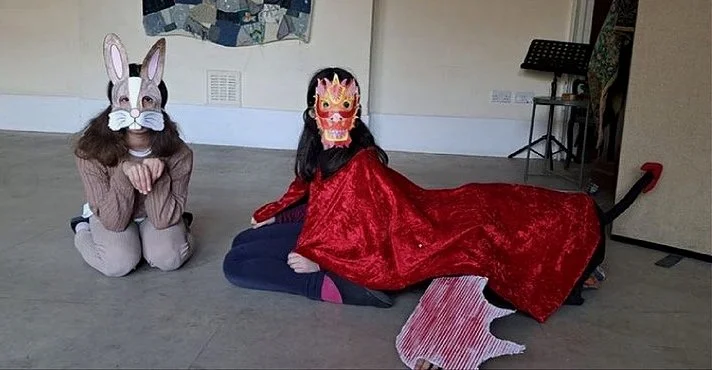
Drama
A Class 2 drama performance of a main lesson text, ‘The King of Ireland’s Son’ by Padraic Colum
-

Music
Singing and Recorder
Class 3 - age 8-9
-
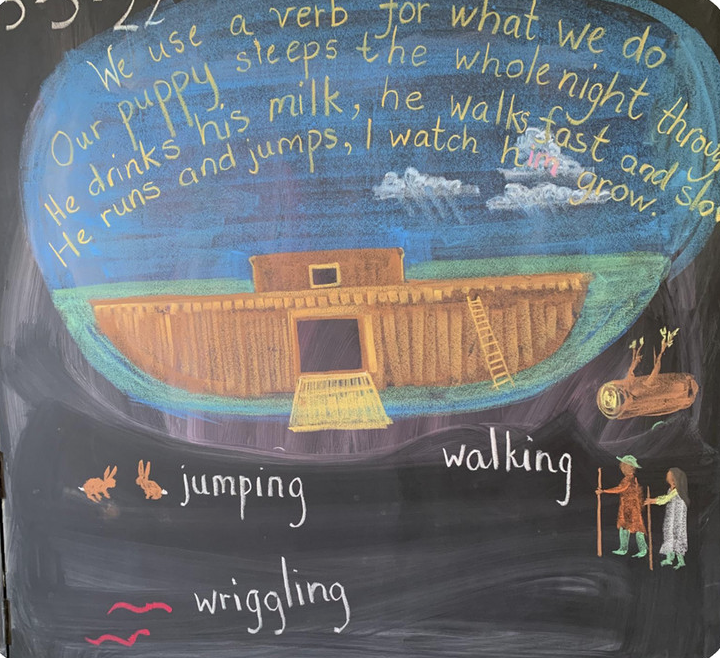
Literacy
Oracy: Story telling, listening, speaking, communication, drama.
• English: study of grammar, verbs, nouns, sentences, punctuation.
• Handwriting: Continuing practice of cursive and use of ink.
Children compose, write and structure longer pieces of writing in familiar formats and for different purposes, using resources for support if prompted. They write in developing cursive script, using their knowledge of the extended code and morphology.
-

Mathematics
Children discover the Mathematics of Practical Life:
Time, Temperature, Weight & Volume, linear measurement (integrated into the Class 3 Housebuilding Project
Trade Goods & The Development of Currency - with practical experience in the School Shop
-
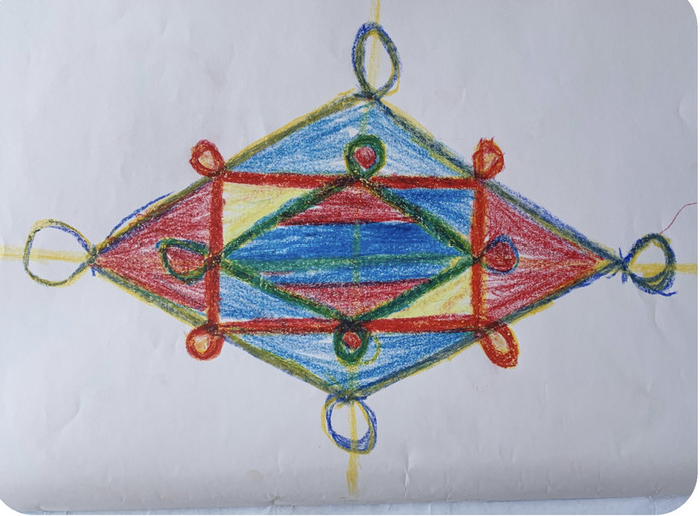
Form Drawing
Multiplication tables and number bonds can be shown in graphic form and children explore symmetry in two axes.
-
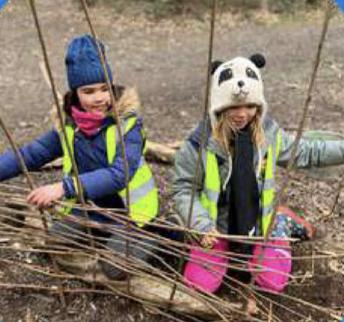
Social, Ecological and Environmental Studies
Children explore examples of human impact on environments, including how humans have adapted the environment and used materials to meet their needs e.g. through building, farming and traditional trades and crafts.
Children explore how some materials in the natural environment can be harvested and used for food or as materials for making and building
-

Farming and Gardening
Class 3 are responsible for the school garden throughout this year. Pupils have weekly gardening sessions, learning about plants and how to care for them, plant and tending for vegetables that will be harvested the following autumn.
Children explore the growing of plants and rearing of animals specifically for food, and the processes involved
-
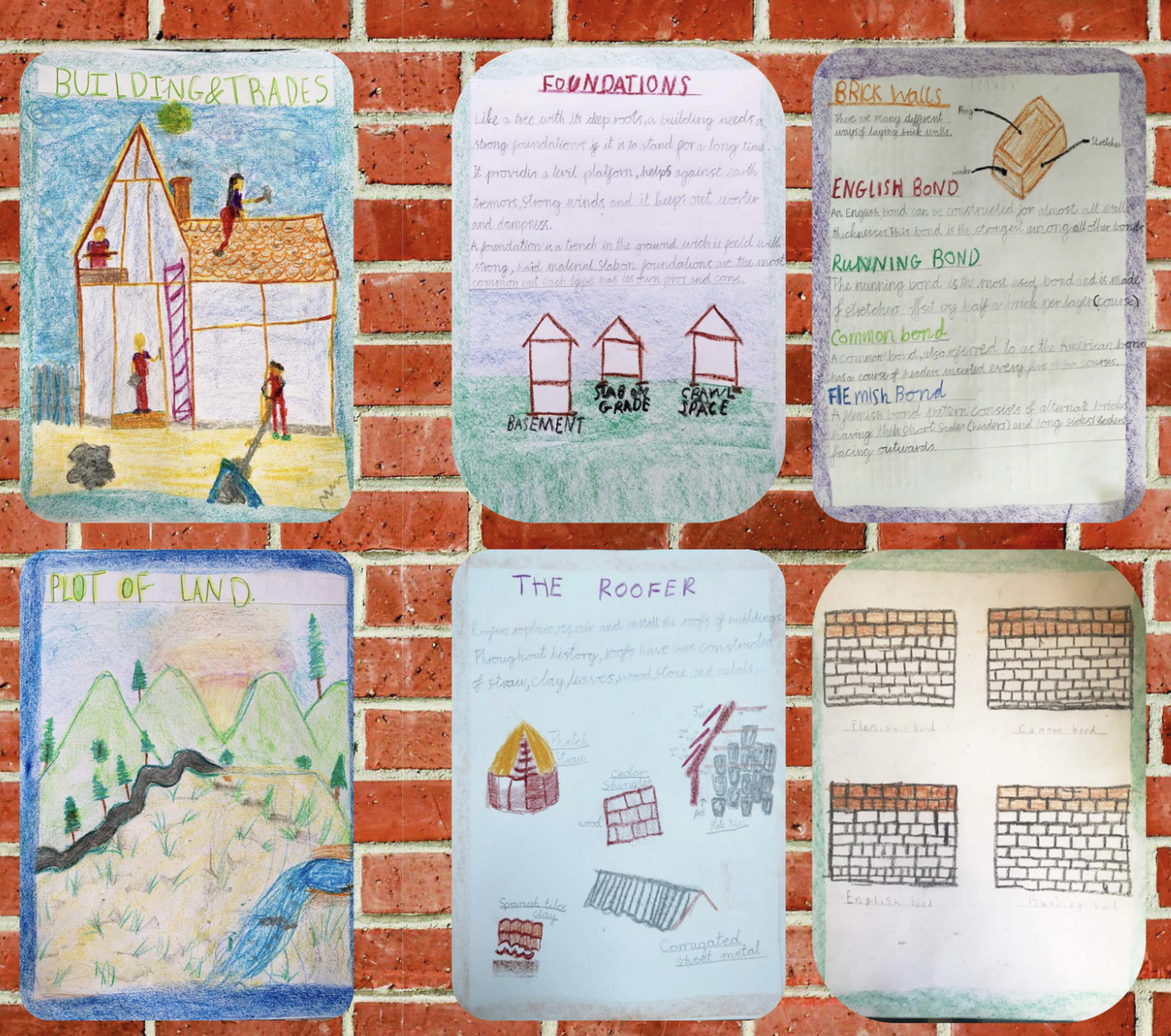
Structures & Housebuilding
Research, Maths, Literacy and Practical activities come together for the Main Lesson block. Children also spend time outside developing simple woodwork skills as part of this block.
-

Cultural Studies
We look at myths and stories to explore ways in which human beings have explored and explained the creation of the world.
We explore a narrative image of the evolution of human settlement, stewardship, society and religion.
We encounter and experience aspects of the history of the technological, cultural and economic development of early human societies, through both narrative content and practical activities
-
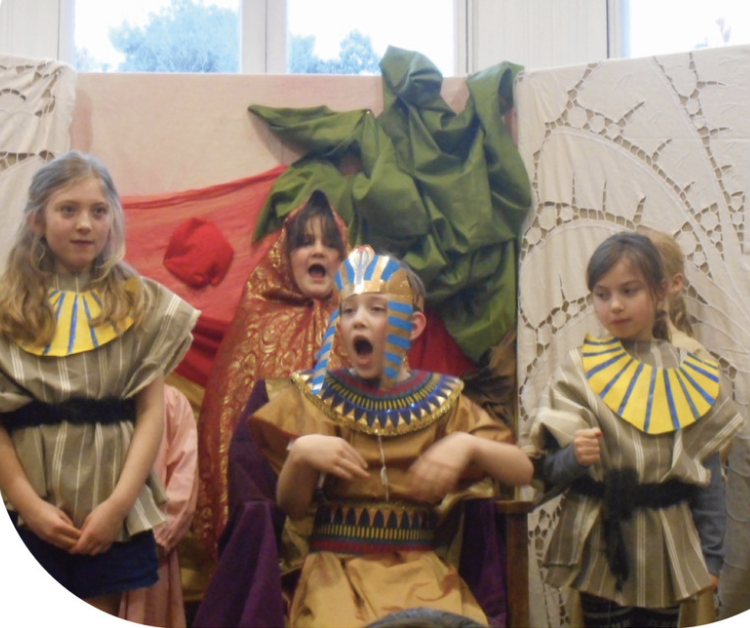
Drama
Class drama linked to Main Lesson
-
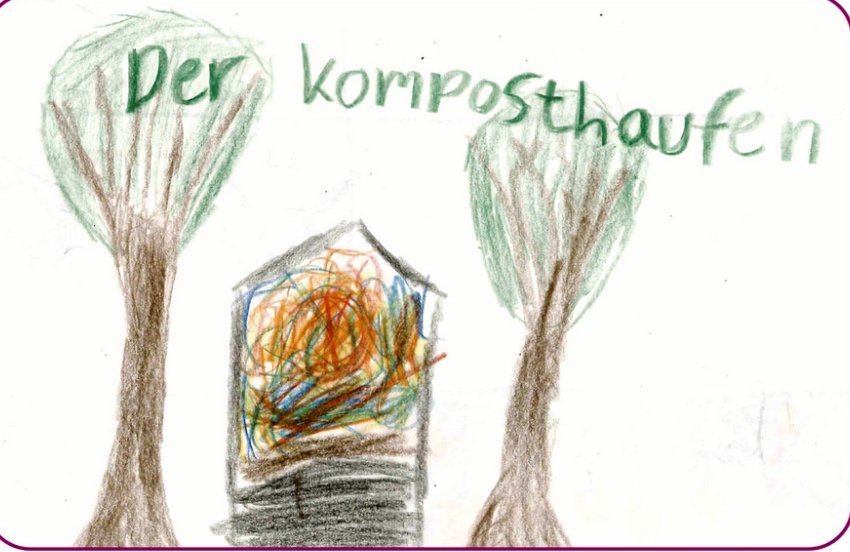
Foreign Languages
This year the children have a Foreign Language as part of their Gardening Lesson - learning about the weather, plants and birds as we spend time outside.
-

Games & Movement
Eurythmy and Games
Having fun with physical exercise and developing body and mind co-ordination, spacial awareness and rhythm.
Games and Physical exercise becomes more structured, with children needing to change if needed into appropriate sports clothing and footwear.
Running games are introduced along with a range of equipment – skipping, stilts, balancing, climbing (under and over).
Children explore basic skills with manual equipment - hoops, ropes, balloons, feathers, cloths. Games with a ball – throwing and catching, bouncing on the floor or wall. Tumbling – forward rolls.
-

Swimming
Children have regular swimming lessons for all abilities.
-
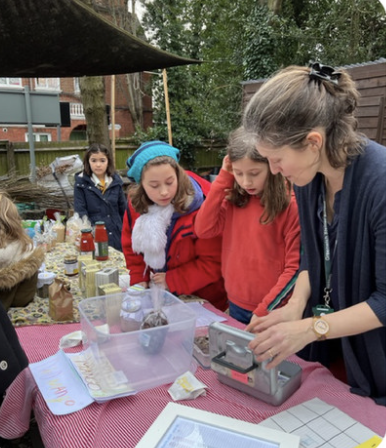
Class 3 School Shop
Children use their maths practically and run the weekly school shop, weighing, pricing and selling.
-

Music
Singing:, Recorder, String ensemble where pupils begin lessons on the violin, viola or cello.
-
Handwork
Children complete a handwork project, e.g. knitting or crocheting a hat.
With support they use appropriate techniques and stitches to follow their own design, using colour to indicate or emphasise function (e.g. a light band around the brim—the opening).
Children get the opportunity to sew with a number of basic stitches and to understand how to use an iron safely to press seams and remove creases from fabric.
-

The Waldorf curriculum includes nature study and gardening and we are proud to hold RHS School Gardening Award Level 4.
Class 3 - Residential Trip
A highlight for this year is hands-on experience of life on a working farm.
Class 3 - ‘Building’ Project
Self-driven involving academic research, maths and model making with an illustrated written project and presentation around a structure.

Class 4 - age 9-10
-

Literacy
Oracy; recall, recitation – choral and individual, alliterative verse & Drama/class play
Work in grammar and punctuation continues with a focus on Handwriting and more complex composition writing through personal narratives.
Children are becoming more active readers, beginning to ask and answer questions about how text is constructed, and how they respond to it, and starting to go beyond purely literal interpretation and understanding.
This understanding begins to show in their writing, where they adjust and develop language and content to suit their intended audience.
-

Mathematics
Including introducing Fractions.
We make learning maths interactive, fun and put our thinking to work in everyday with real-life examples - including combining cookery with pizza cutting (and eating!) in maths.
-
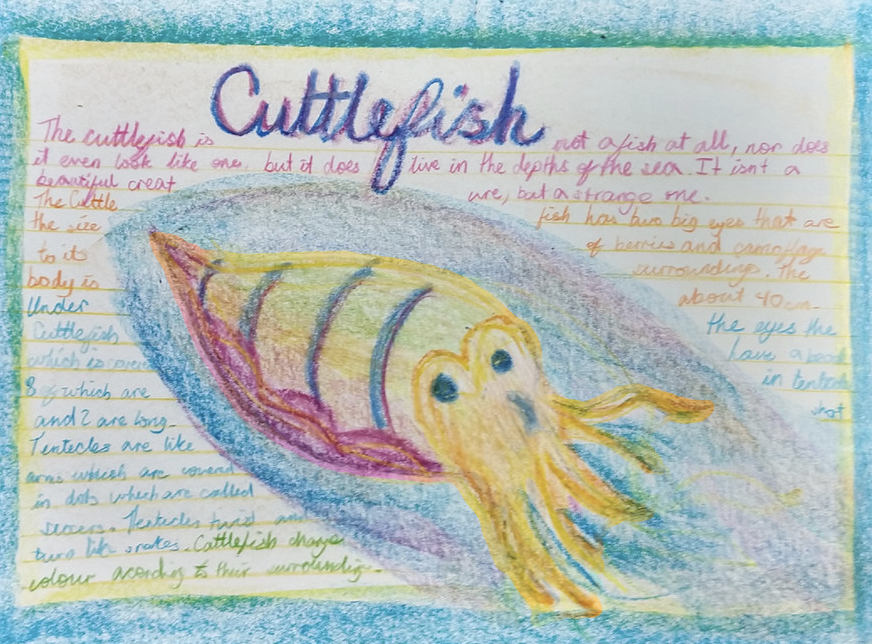
Zoology & Biology
Comparative study of human being and animals.
This includes a self-driven personal project - children move from the nature stories of Class 3 to learning about evolution and how individual species have evolved to meet the needs of their own biological niche.
They create a project over 12 weeks focusing on a species of their choice, including creating a written and illustrated book of research, a creative model and completing an oral presentation to the class.
Supported by the Class teacher, children exercise their own creative and academic preferences which plays a big part in developing their sense of self and a love of learning and investigation.
-

Geography & Local History
Geography and Local History of Greenwich, Blackheath, Deptford and south East London.
Includes`;
Landscape studies and examining how it has shaped the history and the place in which we live.
Map drawing
Visit to Creekside Discovery Centre
-

Cultural Studies
Norse mythology & Viking culture and history
-

Form Drawing
Complex interweaving patterns such as Celtic knots. Free-hand geometry.
-
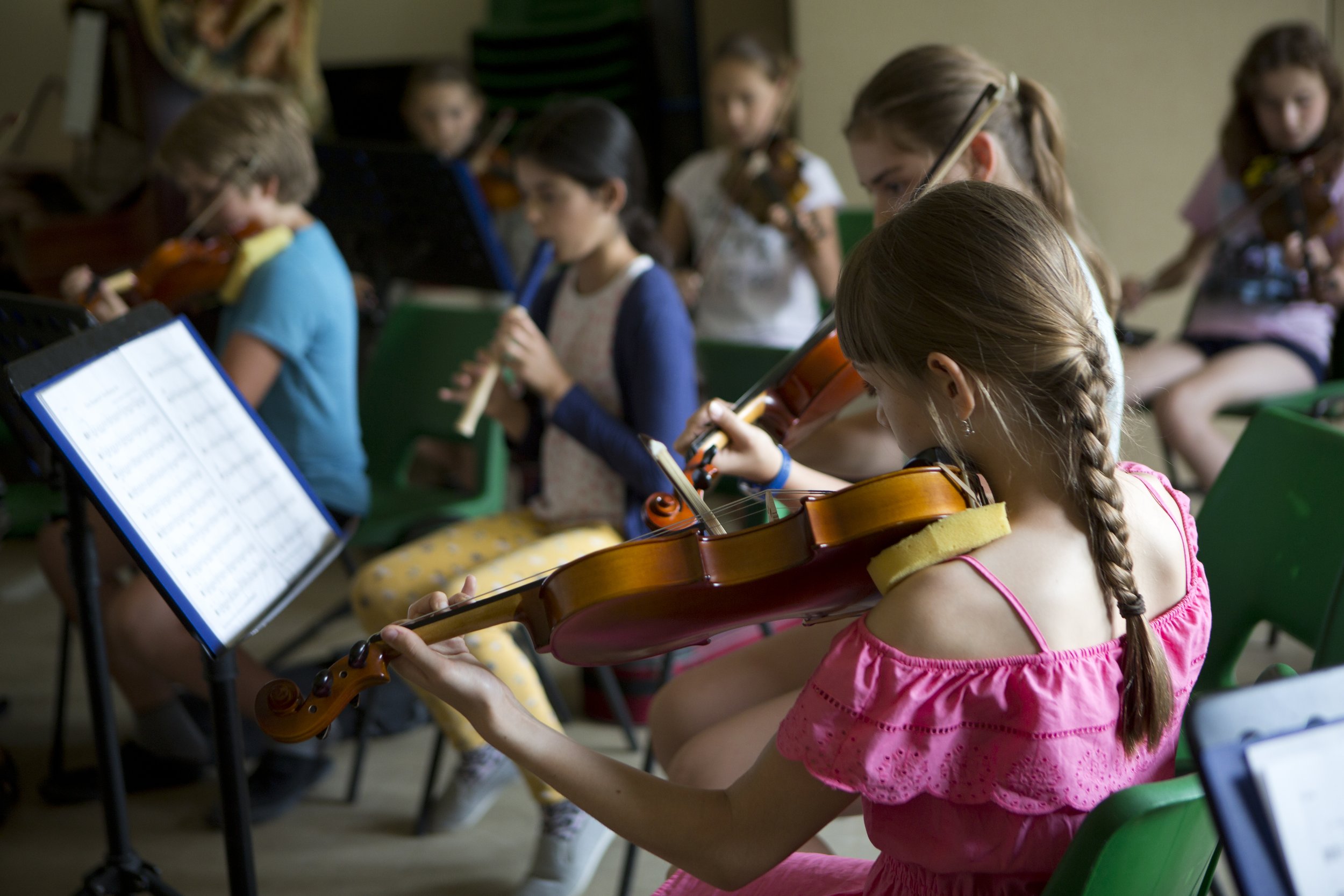
Music
Singing: singing two-part songs • Orchestra begins – class 4 & 5 together
-

Foreign Languages
Including creating cartoon strips
-

Handwork
Cross-stitch projects combining numeracy with art to create bookmarks, key-rings, and accessories.
-

Movement
Eurythmy and Games
-

Drama
Children talk, read aloud and recite fluently and with expression, performing several lines individually in the Class 4 play.
Class 4 - Living History
The class put learning into practice with a residential trip to a Viking Longhouse
Class 4 - Literature Focus
Study on the Kalevala - Finnish origin story - which utilises 8-syllable lines and can inspire students in writing to support their Zoology Main Lesson.
‘A dark ginger tiger whipped its ravenous claws at the grey muddy ground as rain lashed down heavily flooding the grey misty caves.
Blake aged 9
‘‘If you ever went to near to the edge of the gorge, there was no doubt you would fall in; Stewart had been told that by his grandmother almost too many times…”
Horace aged 10
‘In a very busy city lived a cat named Cleo…She pranced skilfully as high as she could and was suddenly up on the dirty brick wall. She was amazed at the view that greeted her….’
Hana aged 9
Class 4 - ‘Animal’ Project
Self-driven involving academic research, zoology, geography, biology and model making with an illustrated written project and presentation around an animal of the child’s choice.

Class 5 - age 10-11
-

Literacy
Reading, Writing, and Grammar to National Curriculum levels and above.
Children discuss, in an increasingly mature way and using some of the language of literary analysis, their understanding of what they read, asking questions, making inferences and connections, and identifying how the author uses language, structure and presentation to convey meaning and influence the reader.
Pupils are exposed to challenging and ambitious vocabulary: exploring unfamiliar words in a range of contexts and investigating etymology and morphology, and explore the accurate use of a range of verb forms and prepositions.
-

Mathematics
A focus on Fractions and Decimals
To discover the rules governing numerical patterns
To explore the number system beyond 0.001, counting forwards and backwards in tenths, hundredths, thousandths from any number, and writing and ordering any numbers.
To explore the addition and subtraction bonds of and within 1
To develop speed and fluency in multiplication and division facts to 12 x 12, including finding factors
To develop fluency in formal written methods for the four operations of number
To learn the rules that govern rounding
To explore fractions of whole numbers
To explore the connections between fractions, decimals and place value
To explore using the four operations of number with fractions and decimals
To practice translating multi-step problems from words and pictures into mathematical equations and vice versa, abstracting key information and using decomposition to break down complex problems into more manageable parts.
Children can demonstrate their understanding of Pythagoras’ theorem in practical ways, using manipulatives and/or pictures. Children can first estimate, then weigh and measure accurately to decimal places, converting between units (e.g. cm to m; g to kg).
They can read and write the time in both analogue and digital formats, and using both 12 and 24 hour conventions. Children can solve multi-step word problems in measurement of time, length, weight, capacity and volume using all four operations.
-

Geometry
Plane figures,constructions, Pythagoras
Competent Shape, Space and Measure
Children can use a pair of compasses to draw accurate circles and divide them into a given number of parts.
They can use perpendicular and angle bisection to construct a range of geometrical shapes, and also draw these freehand. Children can describe geometric shapes using accurate vocabulary, including for different types of triangle and angle.
They can calculate the perimeter and area of a given shape, and draw freehand nets of 3D shapes.
-

Classics & Ancient History
Ancient History (Cultural/historical themes): India - Persia - Mesopotamia - Egypt - Greece
-

Geography of British Isles
Including a self-driven project requiring subject research, written and illustrated project book and class presentation.
-

Sport & Athletics
Athletics & Sport culminating with the Waldorf Olympics bringing together more than 300 10-11 year olds from Waldorf schools both in the UK and overseas, including Cyprus, Denmark and Germany.
Highjump: Sprinting; Javelin; Discus; Mini Marathon
-
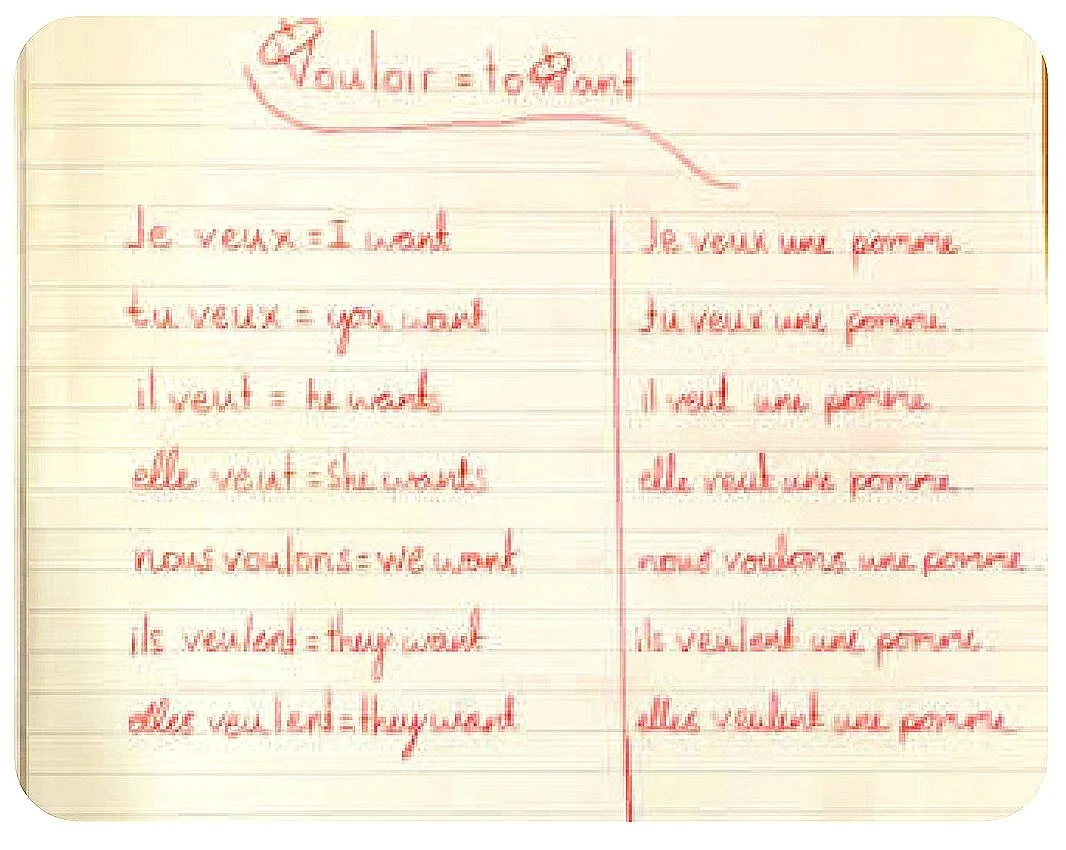
Foreign Languages
Verbs
-

Music
Orchestra, Choir and Individual Instrument tuition.
Singing: singing two-part songs • Orchestra begins – class 4 & 5 together
Regular instrument practice at home is required to support individual learning and help children develop their musical skills.
Pupils have the option to take formal music qualifications Grades from 1-8 in their instrument (Cello/Violin/Viola) - this can be arranged via their individual instrument teacher.
-
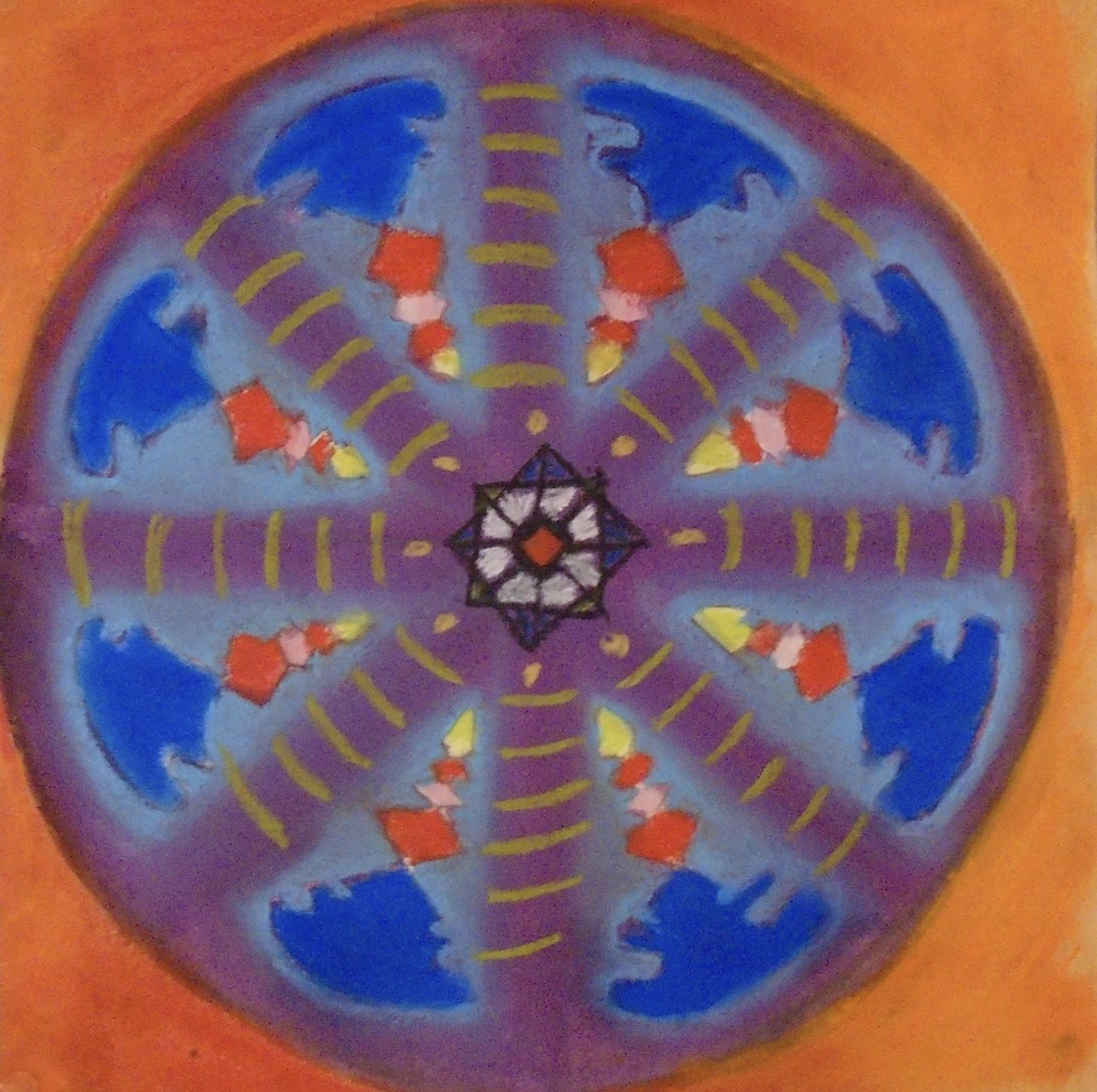
Art
Painting, drawing, modelling
Botanic painting and nature observation drawing
-

Woodwork:
Woodwork: whittling
-

Handwork
Complex 5-needle knitting in the round, each pupil creates their own pair of hand knitted mittens, a task that brings together mathematic creativitive and physical challenges.
-

Botany
An exploration of the world of plants including:
Seed and plant anatomy and development
Seed Germination experiments
Visit to Kew Gardens
Understanding of fungi
-

Biology & Anatomy
The development of the human body and puberty
-

Drama
Class 5 Play bringing to life an Ancient Greek drama
Class 5 - ‘Olympic Games’
Pupils experience Ancient Greece first hand in the Waldorf ‘Olympic Games’ - a 4-day residential trip with over 300 pupils aged 10-11 from UK & overseas.







